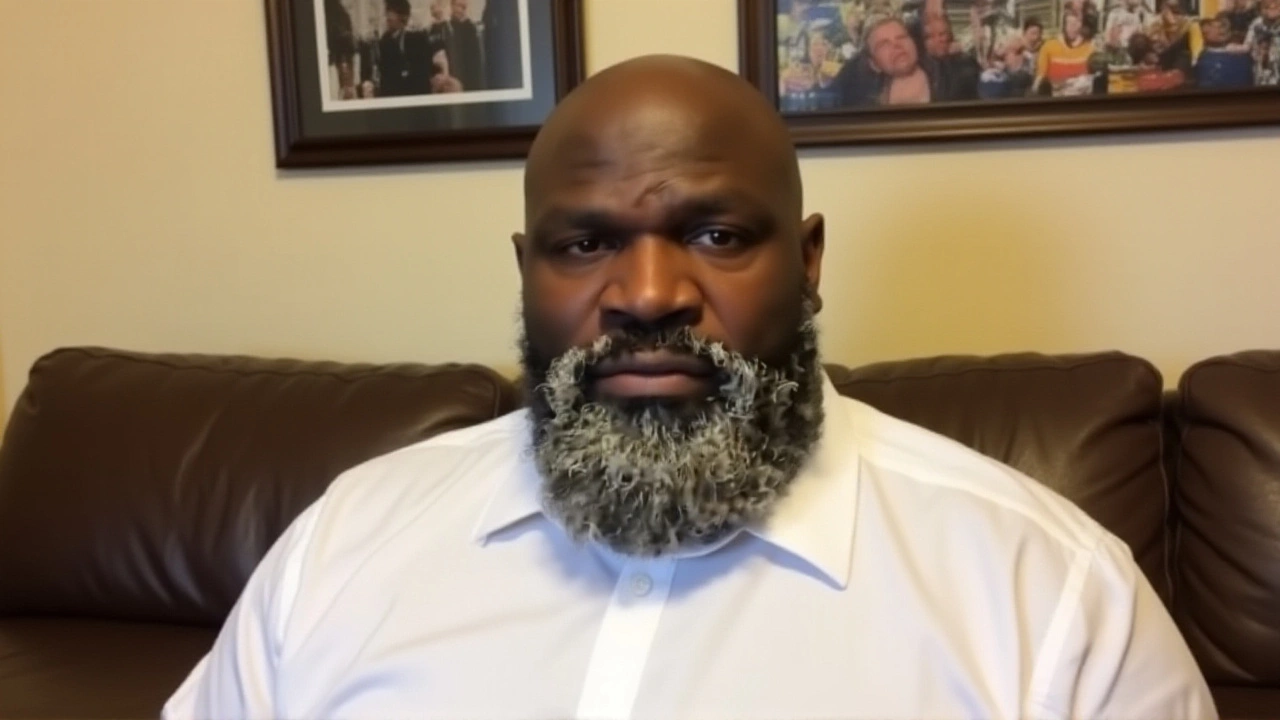Mother’s Death: Grief, Support, and Coping Strategies
When facing mother’s death, the loss of a mother creates a profound mix of emotional, physical, and practical challenges. Also known as maternal bereavement, it often triggers a cascade of feelings that can feel overwhelming. Mother’s death is not just an event; it reshapes daily routines, family roles, and personal identity. Below we break down the key elements you’ll encounter and why they matter.
One of the first concepts that appears is grief, the natural emotional response to loss. Grief encompasses sadness, anger, guilt, and sometimes relief, depending on the circumstances. It’s a universal experience, yet each person’s grief pattern is unique. Understanding that grief is a process, not a single moment, helps you set realistic expectations for healing.
Another essential piece is bereavement support, services, groups, or resources that aid people coping with loss. From local counseling centers to online forums, support networks provide a safe space to share memories, vent frustrations, and receive practical advice. Studies show that people who engage in structured support report lower levels of prolonged sadness and better adjustment over time.
Practical Ways to Cope
Effective coping strategies, methods used to manage emotional pain and daily stress often blend self‑care with external help. Simple practices like regular exercise, journaling, or setting small daily goals can create stability. At the same time, seeking professional help—whether a therapist or a grief coach—adds an expert perspective that can untangle complex feelings.
Underlying all of these is mental health, the state of emotional and psychological well‑being. Mother’s death can trigger anxiety, depression, or even complicated grief, a condition where mourning lasts longer than typical. Monitoring your mental health through regular self‑checks or mental‑health apps can flag early warning signs and guide you to timely intervention.
Let’s connect the dots with a few semantic triples: Mother’s death encompasses grief; Grief requires bereavement support; Bereavement support influences coping strategies; Coping strategies improve mental health. These relationships illustrate how each element feeds into the next, creating a roadmap for recovery.
Practical steps start with acknowledging the loss. Allow yourself to feel without judgment—cry, laugh at a memory, or simply sit in silence. Next, reach out: call a friend, join a support group, or schedule a counseling session. Then, build routine: eat regular meals, keep a sleep schedule, and move your body, even if it’s a short walk. Finally, keep an eye on mental health: note any persistent hopelessness, lack of interest, or intrusive thoughts, and seek professional help if they linger.
The collection of articles below reflects these ideas. You’ll find stories about personal coping journeys, expert advice on grief counseling, and resources for mental‑health support. Whether you’re looking for immediate tips or long‑term guidance, the posts offer a mix of real‑world experiences and actionable advice to help you navigate the aftermath of a mother’s death.
WWE Hall of Famer Mark Henry Mourns Mother’s Sudden Death Amid Rumors
WWE Hall of Famer Mark Henry’s mother, Barbara Jean Henry, died on July 16. Jacob Henry announced the loss, sparking grief and false rumors about Mark’s health.
